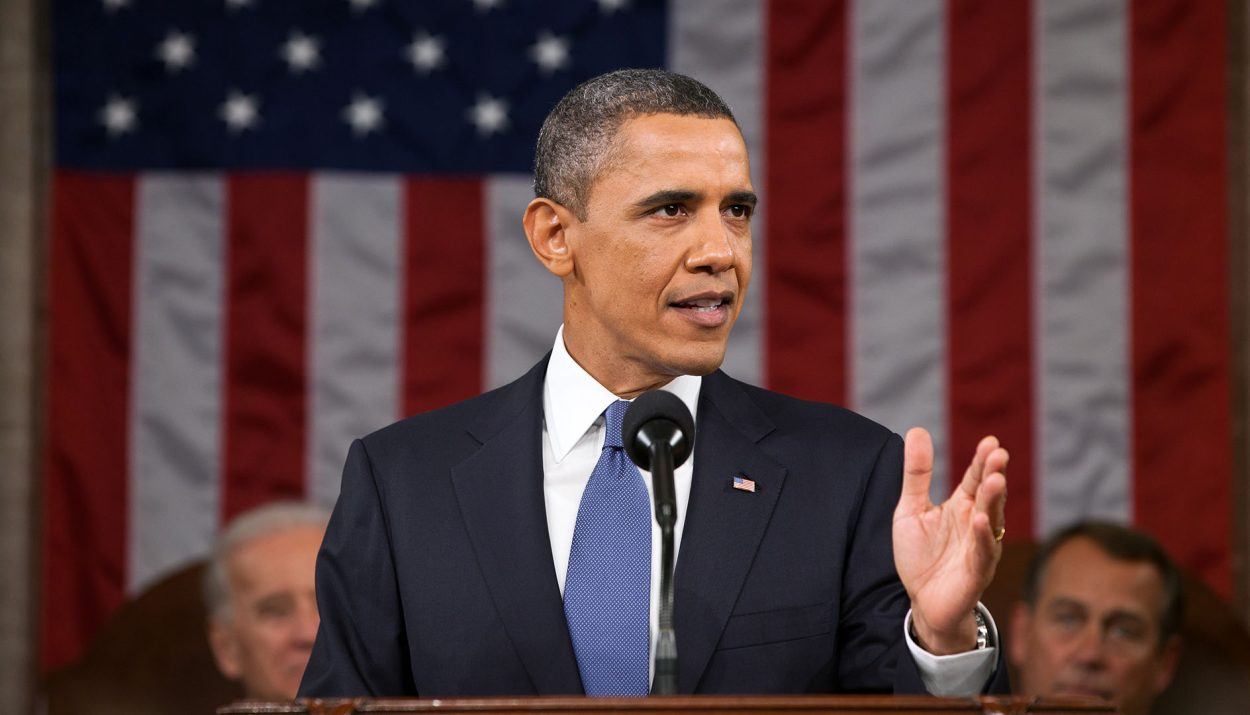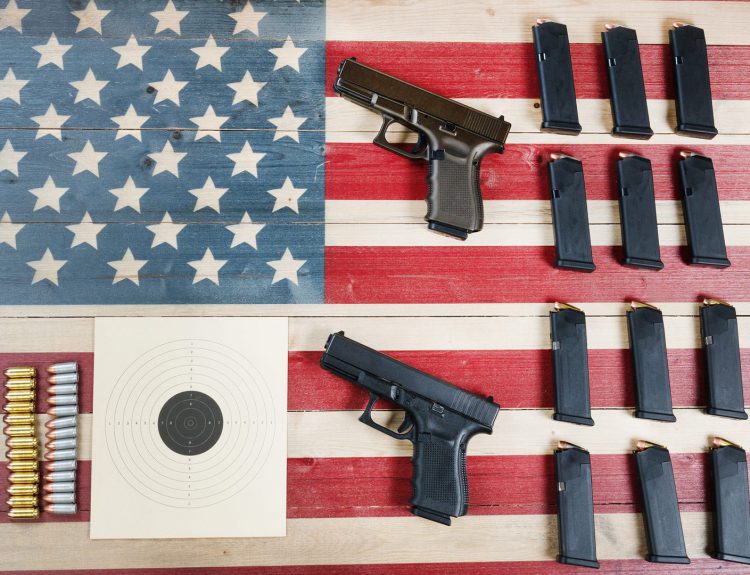In a surprising turn of events, an Illinois federal judge has ignited a heated debate by ruling that a ban on illegal immigrants owning firearms violates the Second Amendment. The decision, made by an Obama-appointed judge, has raised eyebrows and sparked discussions about the constitutional rights of undocumented immigrants in the United States. As the nation grapples with this controversial ruling, the implications for gun laws and immigration policies hang in the balance.
Judge Reconsiders Stance After Supreme Court Decision
U.S. District Judge Sharon Johnson Coleman, appointed by former President Barack Obama, had initially upheld the ban on illegal immigrants owning firearms. However, in light of the recent Bruen Supreme Court decision, which established a new test for gun laws, Judge Coleman reconsidered her position. This unexpected turn of events has set the stage for a contentious legal battle that could have far-reaching consequences for both gun rights and immigration.
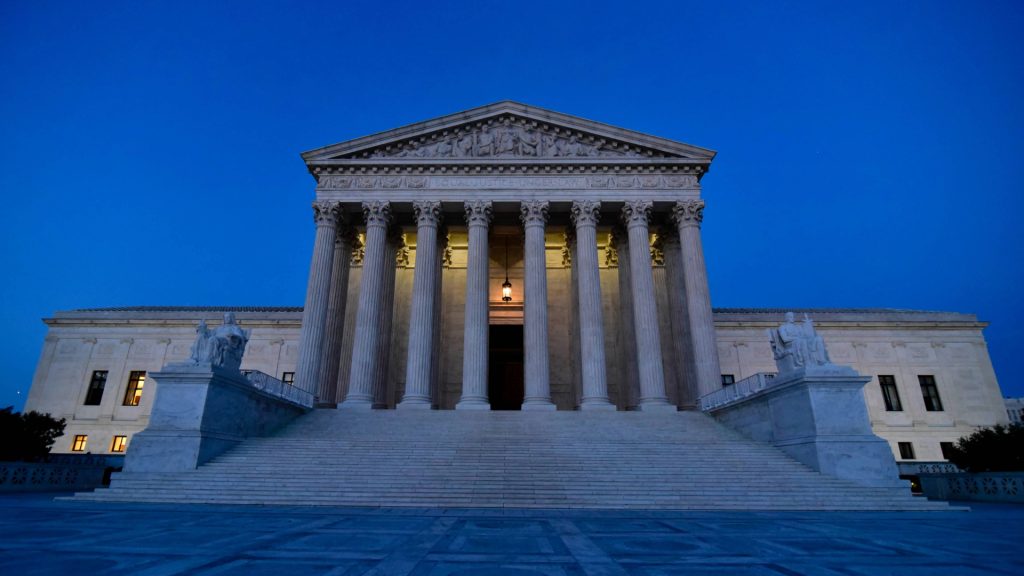
The Bruen decision, which clarified the standards for evaluating Second Amendment cases, has prompted judges across the country to reevaluate existing gun laws. Judge Coleman’s reversal of her previous stance highlights the complexities surrounding the intersection of immigration status and constitutional rights. As the nation awaits further developments in this case, the potential for a landmark Supreme Court ruling looms on the horizon.
Charges Dismissed Against Undocumented Immigrant
In a move that has sent shockwaves through the legal community, Judge Coleman dismissed charges against Heriberto Carbajal-Flores, a Mexican man living in the U.S. illegally who was arrested for possessing a handgun. The judge asserted that Carbajal-Flores had a constitutional right to own a firearm for self-defense, despite federal laws prohibiting undocumented immigrants from possessing guns. This decision has sparked intense debate about the extent of Second Amendment protections for the millions of undocumented immigrants residing in the United States.

Critics argue that the ruling sets a dangerous precedent, potentially allowing illegal immigrants to claim constitutional rights meant for citizens. Supporters, on the other hand, maintain that the Second Amendment applies to all individuals within the country’s borders, regardless of their immigration status. As the legal battle unfolds, the nation watches closely to see how this controversial decision will shape the future of gun rights and immigration policies.
Constitutional Questions Raised for Millions of Undocumented Immigrants
Judge Coleman’s ruling has thrust the issue of Second Amendment rights for undocumented immigrants into the national spotlight. With approximately 11 million undocumented immigrants residing in the United States, the implications of this decision are far-reaching. Legal experts are grappling with the question of whether the Constitution grants the same rights to noncitizens as it does to citizens, particularly when it comes to the right to bear arms.
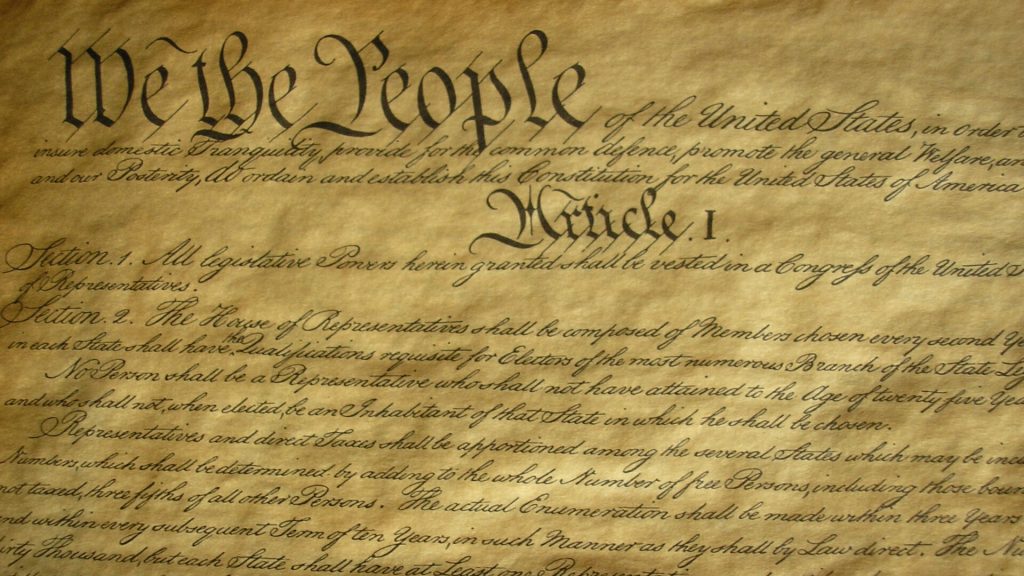
As the debate rages on, advocates on both sides of the issue are preparing for a lengthy legal battle. Some argue that extending Second Amendment rights to undocumented immigrants could have unintended consequences, such as making it more difficult to enforce existing gun laws. Others contend that the Constitution’s protections should apply equally to all individuals, regardless of their immigration status. The outcome of this case could have significant implications for the rights of noncitizens in the United States.
Judge’s Words Spark Controversy and Legal Debate
In her ruling, U.S. District Judge Sharon Johnson Coleman wrote, “The noncitizen possession statute … violates the Second Amendment as applied to Carbajal-Flores. Thus, the Court grants Carbajal-Flores’ motion to dismiss.” These words have ignited a firestorm of controversy, with legal experts and politicians weighing in on the implications of the decision.

Supporters of the ruling argue that the Second Amendment’s language does not specify citizenship as a requirement for the right to bear arms. They maintain that the Constitution’s protections should extend to all individuals within the country’s jurisdiction. Opponents, however, assert that the Founders intended the Second Amendment to apply only to citizens, and that extending gun rights to undocumented immigrants could undermine the rule of law. As the debate continues, the nation watches closely to see how this case will shape the future of constitutional rights for noncitizens.
Defendant’s Background Adds Complexity to the Case
The defendant in this case, Heriberto Carbajal-Flores, is an illegal immigrant who was charged with unlawful gun possession. However, Carbajal-Flores had no prior felony or violent crime convictions and claimed that he obtained the gun for self-defense during a period of civil unrest. These factors have added a layer of complexity to the case, as the judge considered the defendant’s specific circumstances in her ruling.

Legal experts are grappling with the question of whether an individual’s background and intentions should play a role in determining their Second Amendment rights. Some argue that the right to bear arms should be universal, regardless of a person’s immigration status or criminal history. Others maintain that the government has a legitimate interest in restricting gun ownership for certain individuals, particularly those who have entered the country illegally. As the case unfolds, the nation will be watching to see how these competing interests are balanced in the eyes of the law.
Immigration Status and Gun Rights Collide in Landmark Case
The decision by Judge Coleman has brought the intersection of immigration status and the right to bear arms to the forefront of the national conversation. This landmark case has the potential to set a precedent for how courts interpret the constitutional rights of noncitizens in the United States, particularly about gun ownership.

As the legal battle continues, experts are analyzing the potential implications of the ruling. Some argue that extending Second Amendment rights to undocumented immigrants could create a slippery slope, leading to the erosion of other laws and regulations related to immigration. Others contend that the Constitution’s protections should apply equally to all individuals within the country’s borders, regardless of their immigration status. The outcome of this case could have far-reaching consequences for the rights of noncitizens in the United States.
Gun Rights Activists Express Concerns Over Ruling
The decision by Judge Coleman has drawn criticism from some gun rights activists, who express concerns over the perceived blurring of lines between citizens and noncitizens about gun ownership. These activists argue that the Second Amendment was intended to protect the rights of American citizens and that extending those rights to undocumented immigrants could undermine the very foundation of the right to bear arms.
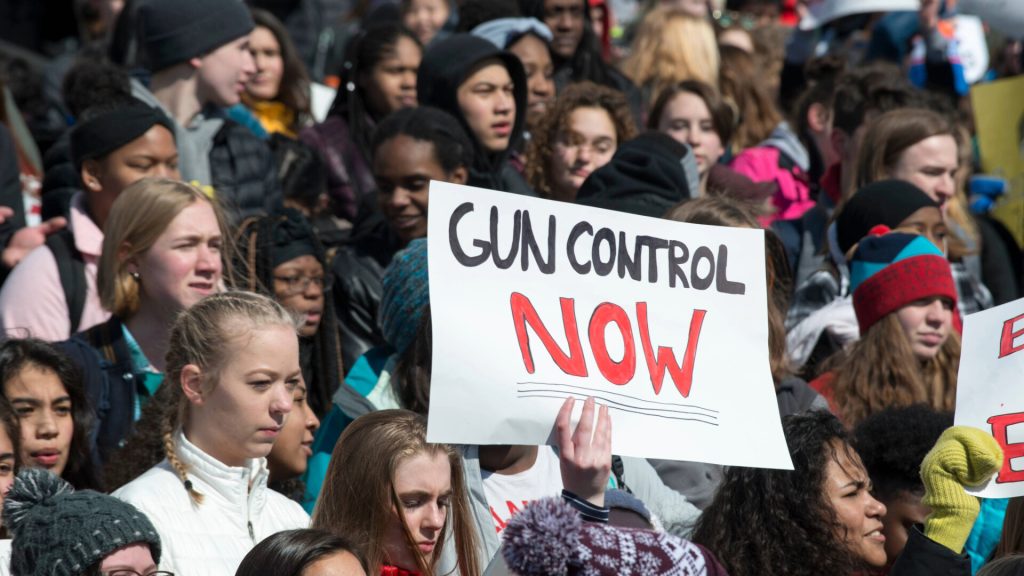
Opponents of the ruling maintain that the government has a legitimate interest in restricting gun ownership for individuals who have entered the country illegally. They argue that the Second Amendment should not be used as a means to circumvent immigration laws and that the ruling could set a dangerous precedent for future cases. As the debate continues, the nation will be watching closely to see how the courts balance the competing interests of gun rights and immigration enforcement.
Political Figures Weigh In on Controversial Decision
The ruling by Judge Coleman has drawn attention from political figures across the ideological spectrum. Senator Marco Rubio, a prominent Republican, has voiced his opposition to the decision, emphasizing the need to maintain a clear distinction between legal and illegal residency in the United States.

Other political leaders have expressed concerns that the ruling could lead to a surge in illegal gun ownership and undermine efforts to combat crime. Supporters of the decision, however, argue that the Second Amendment’s protections should apply to all individuals within the country’s borders, regardless of their immigration status. As the political debate rages on, the nation will be watching closely to see how this case shapes the future of gun rights and immigration policy in the United States.
Tension Between Federal and State Laws Highlighted
The ruling by Judge Coleman has highlighted the tension between federal and state laws when it comes to gun ownership and immigration. While federal law prohibits undocumented immigrants from possessing firearms, some states have more lenient laws regarding gun ownership. This discrepancy has led to concerns about potential disparities in court rulings and the challenges of enforcing gun laws consistently across the country.
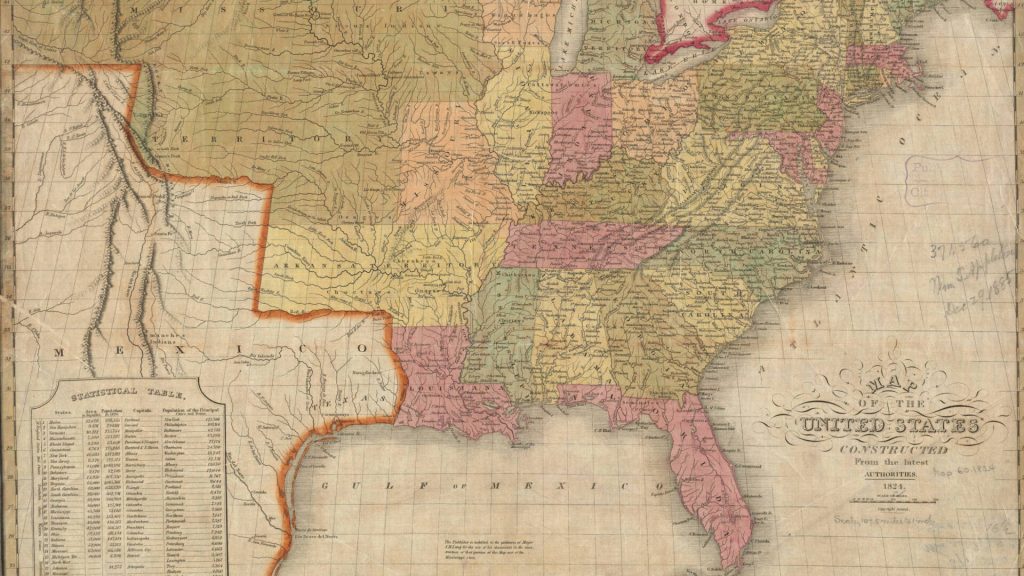
Legal experts are grappling with the question of how to reconcile the competing interests of federal and state laws in cases like this. Some argue that federal law should take precedence, as immigration is a matter of national policy. Others maintain that states should have the right to set their gun laws, even if they differ from federal regulations. As the legal battle continues, the nation will be watching closely to see how the courts navigate this complex web of laws and regulations.
Fueling Debates on Constitutional Rights for Noncitizens
The ruling by U.S. District Judge Sharon Johnson Coleman has ignited a broader debate about the constitutional rights of noncitizens within the United States. This case has highlighted the need for careful consideration of the legal and societal implications of extending certain rights, such as the right to bear arms, to individuals who have entered the country illegally.
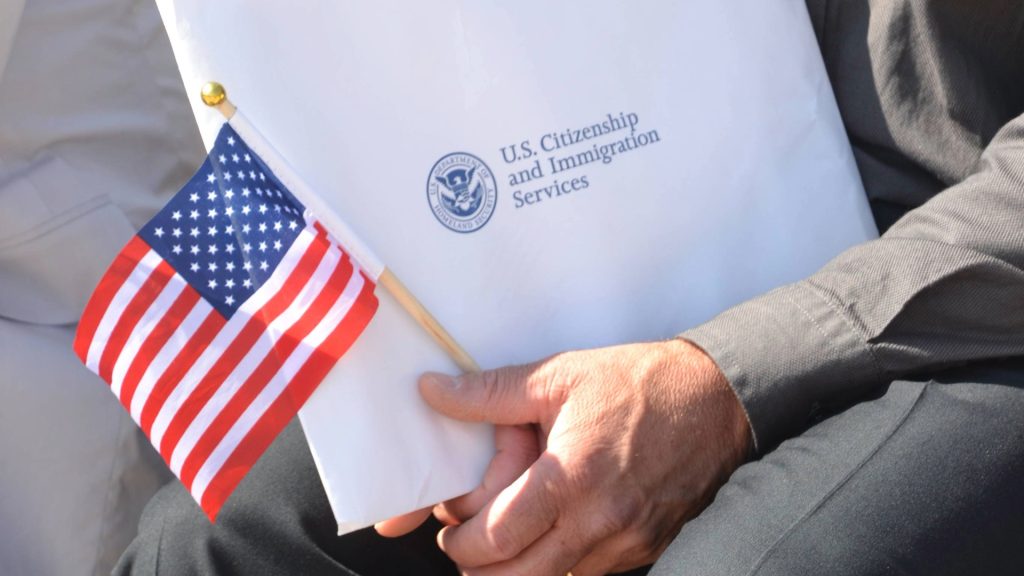
As the nation grapples with this controversial decision, legal experts and policymakers are analyzing the potential consequences of extending constitutional protections to undocumented immigrants. Some argue that the Constitution’s rights should apply equally to all individuals within the country’s borders, regardless of their immigration status. Others maintain that the government has a legitimate interest in restricting certain rights for those who have violated immigration laws. The outcome of this case could have far-reaching implications for the rights of noncitizens in the United States.
A Nation Divided: The Future of Gun Rights and Immigration
The controversial ruling by U.S. District Judge Sharon Johnson Coleman has ignited a fierce debate about the intersection of gun rights and immigration in the United States. As the nation grapples with the implications of extending Second Amendment protections to undocumented immigrants, the future of both gun laws and immigration policies hangs in the balance.
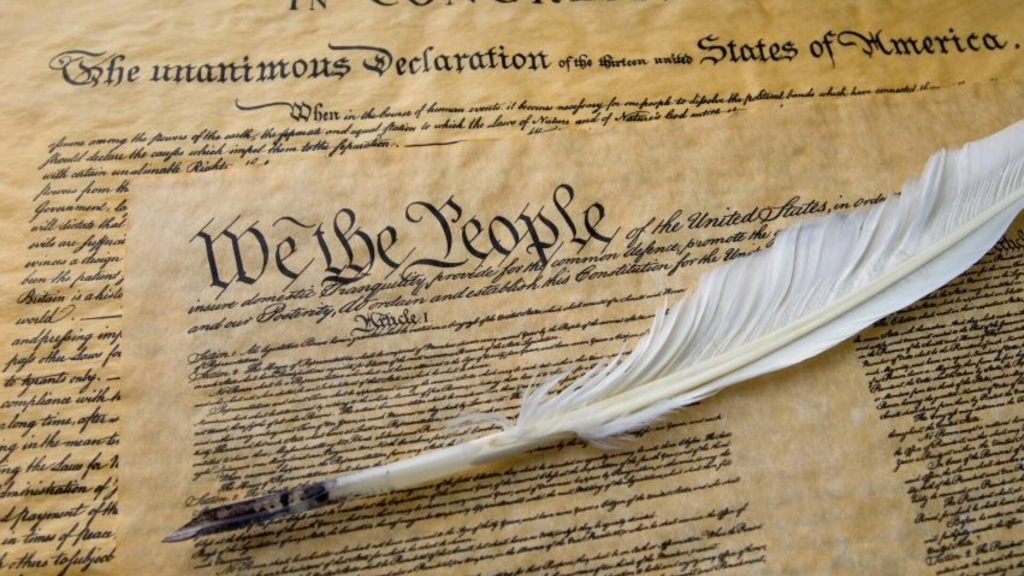
This landmark case has the potential to reshape the legal landscape for noncitizens in the United States, setting a precedent for how courts interpret their constitutional rights. As the legal battle continues, the nation will be watching closely to see how the competing interests of individual rights, immigration enforcement, and public safety are balanced in the eyes of the law. The outcome of this case could have far-reaching consequences for the millions of undocumented immigrants residing in the country and the very fabric of American society.

